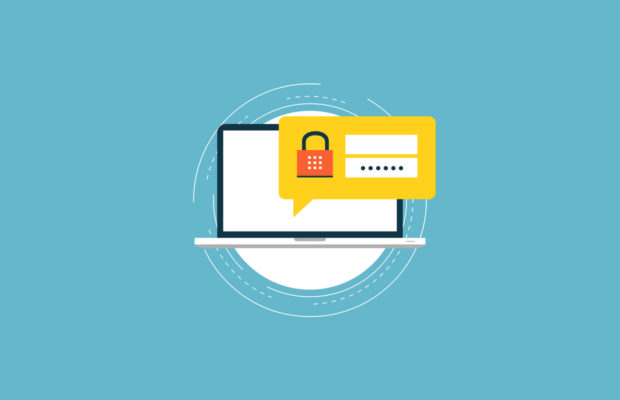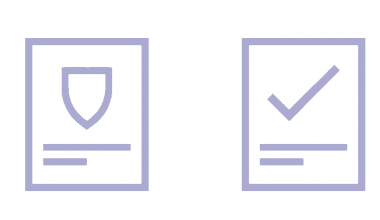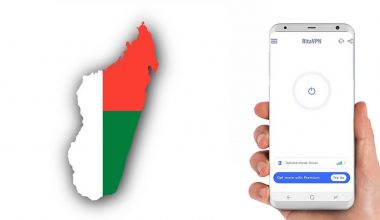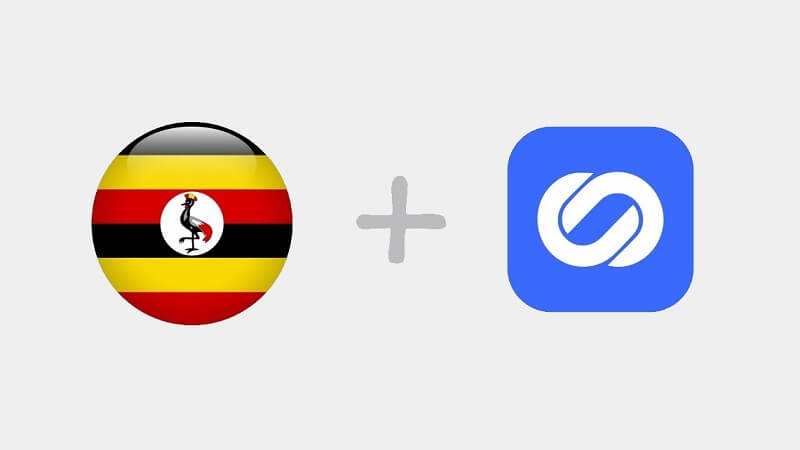Security questions can offer your verification system an additional layer of confirmation. These questions are another way to recognize the clients if their password has been forgotten, entered wrong passwords several times or whether they have attempted to sign in from an unacquainted or new location or device.
How do security questions work?
The idea is simple: you choose an answer to a personal question while creating an account; generally, such personal questions should be selected in such a way that only you know the answers. That answer is registered, and they will bring that query to you if you ever have to verify that you are the rightful account owner. You “pass” only if your answer refers to what you initially wrote.
You are asked a series of questions to decide — such as, “What is the surname of your mom?” “What is the name of your favorite teacher?” “What was your mascot in secondary school? And so on. You select one, answer, and you’ll be asked if it’s necessary for the future
What makes the best security question?
You can select security questions on several platforms to access your accounts while resetting the password. But always choose an unpredictable and challenging question so that only you can answer it.
- If the answer is investigated too rapidly or there are just a few possible answers, an intruder will quickly gain access by accurately predicting.
- If you have selected a tough and complicated question, and due to its complexity, your time will be wasted, and you may not access your account.
The security questions should meet the following criteria:
It should be Safe
Always select the questions that no one can guess them or no one can find the answer on the internet. The next question ultimately failed to meet the rule
“In what county was your father born?”
Obviously, this is not a safe question because anyone can find the answer with some research. Your family members and friends also know the answer to this question. Apart from these concerns, it could be easy to overcome these problems if a hacker were interested in a particular account because there are only a limited number of districts in every US State.
It should be Stable
A good safety question must have a correct response, which means that after some time, it will not change. A perfect security question with a stable answer is: “What is your youngest cousin’s last name?” This question works perfectly because the answer to this question will not change. These kinds of questions may not work correctly for all users. Questions about the date of a marriage or relatives of someone do not support them if they don’t have family members.
Two samples of random questions: “Answer your favorite song’s name and the artist?” “Where is your office located?”
These two examples contribute to poor security issues, as their answers will keep changing over time for many people. Your favorite songs keep changing from time to time. Many people also keep changing their offices for a better location.
It should be Memorable
The account holders must respond to a strong security question quickly, but still not readily evident or promptly searched by others. The following is an example of a perfect memorable question.
“What is the middle name of your younger sibling?”
Many people who have younger siblings always remember the middle name of them, and it is one of the best security questions for such customers. No one can easily find out the middle name of your elder siblings, and they will have to dig appropriately to know the answer.
“In which city did your dad and mom meet? Most of the users know the answer, but it is difficult for any unknown person to find the answer.
Keep it simple
Always simple things do not make any confusion because of the precise answer. The following are the perfect examples of simple security questions.
“What is the month and day of your birthday?”
“What was the model of your first car?”
Both of these are secure since the answers are precise. Such questions illustrate that consumers should memorably, conveniently organize their answers.
Create your own security questions
Usually, from a preset series of questions, you can pick them, and you are not allowed to create your questions. But if you have an opportunity to create your own question, it is the best chance for you to make a unique, memorable, and stable question.
“What is the relation between pencils?”
Now you only have to remember the 1-word answer, and that could be any word like “Prime.” Only you know the answer, and it is easy to remember. The most crucial point is that only create a random question, and you must remember the 1-word answer.
What are the examples of good and bad security questions?
Good Security questions (Only you know the answer)
- What is the name of your college crush?
- Where did you go on the first date?
- In which city did your parents meet?
- Name your first pet.
- What is the nickname of your best friend?
- What is the middle name of your best friend?
Bad Security Questions (Easy to guess)
- Where were you born?
- What is the name of your college?
- What is your hobby?
- Who is your favorite superstar?
- What is the first name of your mother?
Bonus Tip for the excellent security questions
The first step you should take is removing the extra information about you on social media platforms. You don’t have to mention your birthplace while creating an account on Facebook. Do not let anyone know something extra or unnecessary about you.
You may also like;
The 5 worst apps for privacy in 2019
Top 10 Podcasts for Beginners and Pros
How to Prevent Common Types of Password-hacking?
What security features does PayPal have?
Best Free Anonymous Email Accounts
How to Delete Telegram Account Permanently?
Shadowsocks vs. VPN: Which One Do You Prefer?
Social Media Security Tips you Should Consider
Download RitaVPN now and access all the blocked websites. It allows you to use the internet without any traces or digital footprints. Virtual Private network changes your IP address, and even your service providers cannot monitor your online searches or interests. RitaVPN is among the most favorites and highly protected VPN services that provide you advanced-level security against hackers and data packet sniffers.






